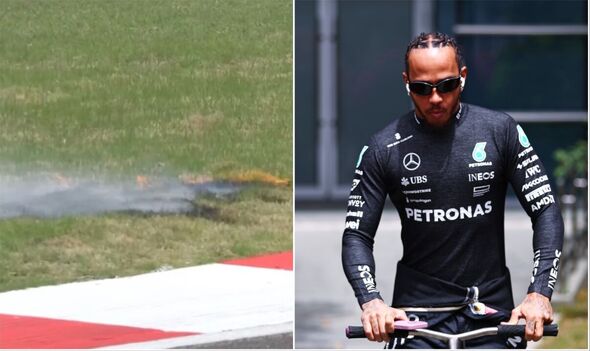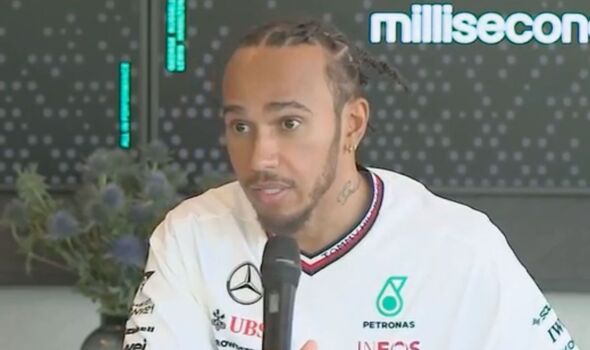
Heavy Twitter Focus Can Be a "Waste" for TV Industry, Study Finds
September 4, 2014
Casino Mogul Gambles $100M on GOP Senate
September 4, 2014PARIS (AP) When billionaire investors bought Paris Saint-Germain and Monaco in 2011, it seemed like the dawn of a new era for French football, a chance for the puniest of Europe’s “Big 5” leagues to grow some financial and competitive muscle.
Pop! How quickly that bubble of optimism has burst.
Instead of catching up with the Premier League or the Bundesliga, a growing catalog of signs indicates that French clubs with the exception of Qatari-owned PSG are slipping further behind rivals in England, Germany, Spain and Italy. Russia, sinking hundreds of billions of rubles of public and private money into the 2018 World Cup and its football clubs, is also now snapping at France’s heels.
Armed with an awesome collection of players, owners with seemingly bottomless pockets, and by far the biggest revenues and crowds in France, PSG has quickly become a European force. But it could be a long time perhaps never before the likes of Marseille, Saint-Etienne, Monaco or Reims play another European Cup final.
“It is alarming,” France’s junior minister for sport, Thierry Braillard, said this week in an interview with The Associated Press. “Our problem is that there is a very big difference between Paris Saint-Germain and all the other teams.”
One of France’s World Cup stars, winger Mathieu Valbuena, said “au revoir” to Marseille this August for a bigger salary at Dynamo Moscow. More alarming: Russia vaulted ahead of France in the rankings UEFA uses to gauge the relative strength of Europe’s leagues and, vitally, how many clubs they can enter in UEFA competitions.
While English clubs splurged record amounts to strengthen their lineups in the transfer window that closed this week, French clubs made do. For every euro spent recruiting players, the Premier League spent eight, research by audit firm Deloitte shows. The Spanish league outspent the top French division by a ratio of 4-to-1, with Italy’s Serie A and the German Bundesliga also outspending it by more than 2-to-1.
Monaco pawned off its biggest stars, Radamel Falcao and James Rodriguez, to Manchester United and Real Madrid, respectively a clear signal that the club’s Russian billionaire owner, Dmitry Rybolovlev, is losing his appetite for lavish spending.
Monaco’s retreat leaves PSG alone as by far the biggest fish in a dwindling pond. Even PSG’s president recognizes that is a danger for his club’s future ambitions, because a championship becoming a monopoly risks losing its appeal.
Without a strong Monaco, France could also struggle to recoup the UEFA ranking points it needs to move back ahead of Russia. Unless that slide is reversed, France could be left with just one guaranteed spot in UEFA’s lucrative Champions League from 2016.
And if PSG monopolizes that spot, by winning the league title year after year, it will scoop up tens of millions of euros (dollars) in UEFA prize money each season, while most or all other French teams could be left with none or far less. That, in turn, could set in stone the already yawning financial gulf between the Paris club and its supposed French rivals.
“We were counting heavily on Monaco to keep winning (UEFA) points,” Bruno Satin, one of France’s best-known player agents, said in an AP interview. “Now that they’ve slammed the brakes on their plans, we’re asking ourselves what’s going to happen and I think all of French football is going to suffer.
“With all the resources at its disposal and the World Cup coming, Russia and its clubs will continue to make important investments and attract good players,” he added. “So their upward accession will continue.”
Luc Dayan, who presided over several clubs including Lille and Lens, said in a separate AP interview: “We have a real problem of economic competitiveness. And now that it has become visible, you can see it, on the pitch and in the clubs’ accounts.”
Braillard argued that the problem isn’t entirely of France’s making, noting that other countries allowed clubs to accumulate monster debts, while the French league’s financial watchdog forces clubs to be more prudent.
“Should we allow French clubs to go deep into debt and head for bankruptcy so they can become competitive in the Champions League? I don’t think so,” Braillard said. “I think we can find other solutions. But the other European nations perhaps also need to reflect on the colossal debts of certain clubs which leave them totally fragile.”
Others blame over-taxation and socialist President Francois Hollande’s super tax on top earners for weakening clubs and driving away big-name players. A government-commissioned study this year found that for a player paid 1.8 million euros ($2.4 million), French clubs must pay an additional 504,000 euros ($662,000) in social security taxes. A German club would pay just 12,000 euros ($15,800), the report said.
There were hopes that France’s hosting of the European Championship in 2016 will also boost its clubs. But Braillard said new or renovated stadiums in Lille, Marseille and Nice so far haven’t significantly improved revenue for those teams and “haven’t had the hoped-for effects.”
“The main reason is that we don’t have a real football culture,” Dayan said. “In France, you can count on the fingers of one hand those clubs that have a genuine, loyal and durable fan base and shareholders and commercial partners who are up to the challenge.
“We need very deep reform.”
___
John Leicester is an international sports columnist for The Associated Press. Write to him at jleicester@ap.org or follow him at http://twitter.com/johnleicester
AP
This story has been automatically published from the Associated Press wire which uses US spellings



